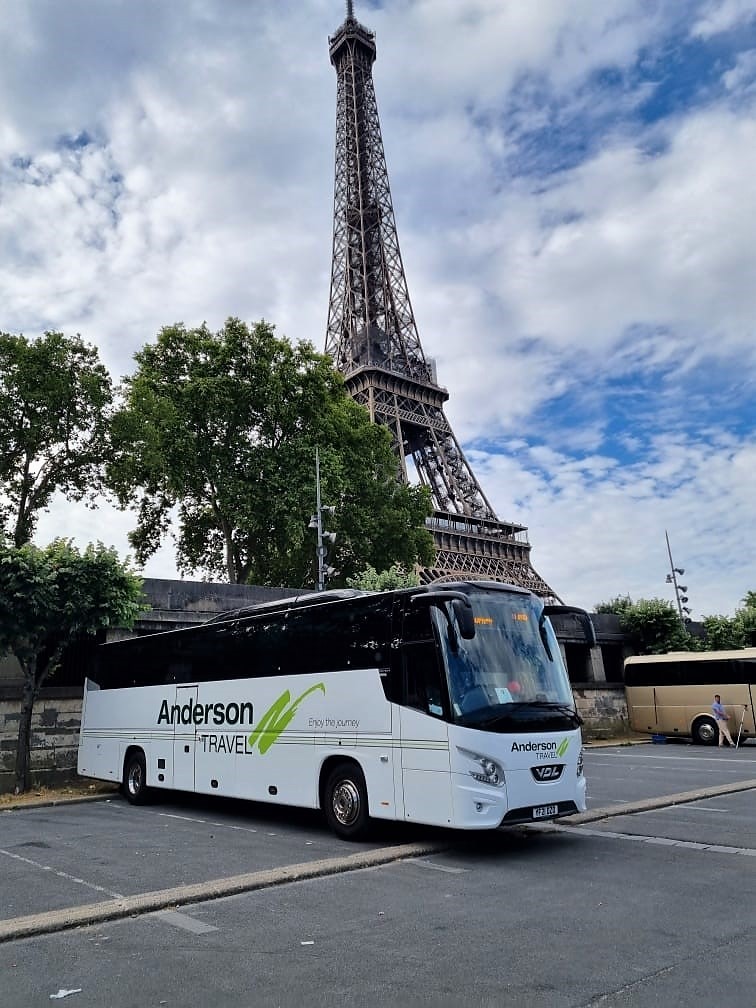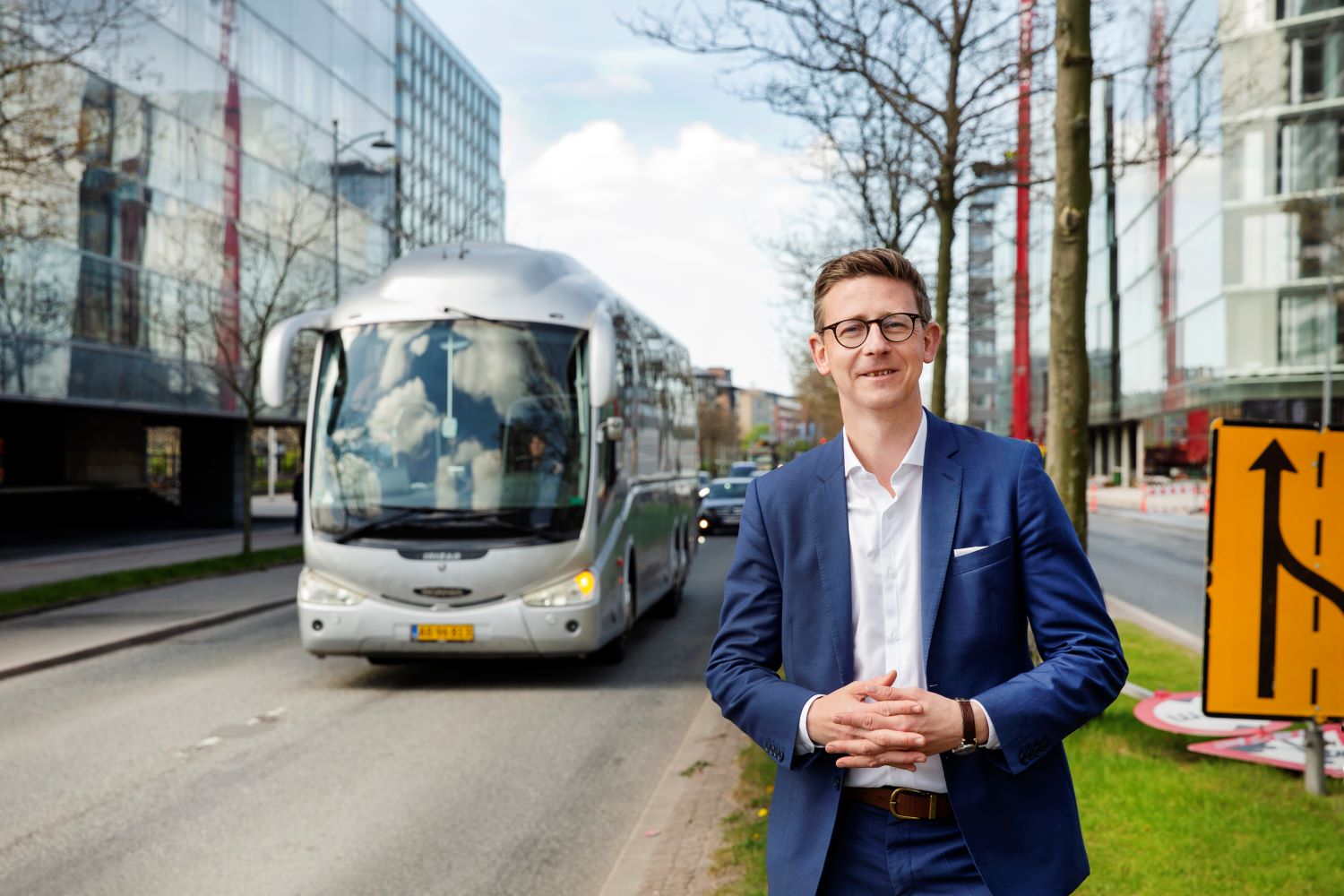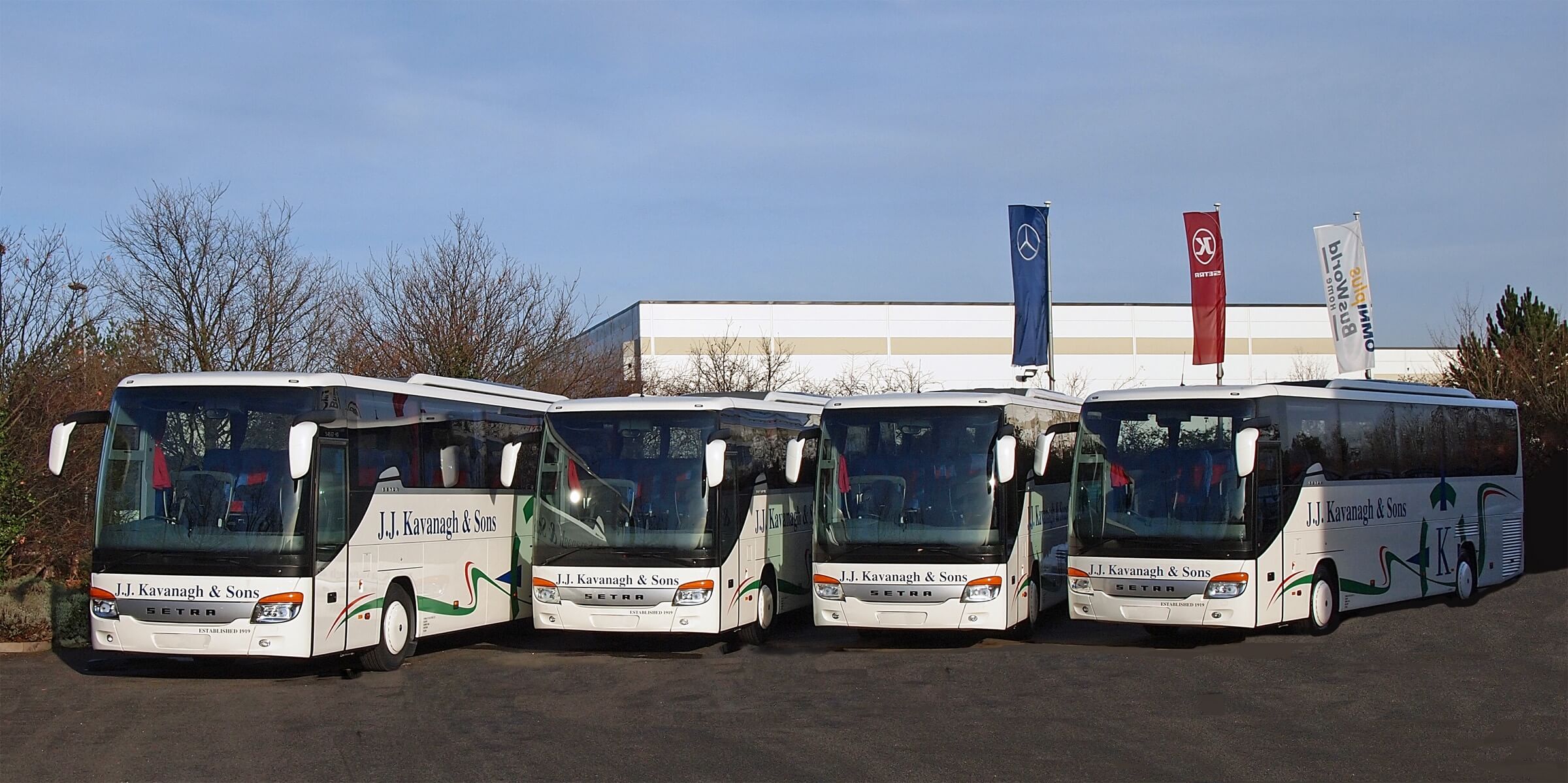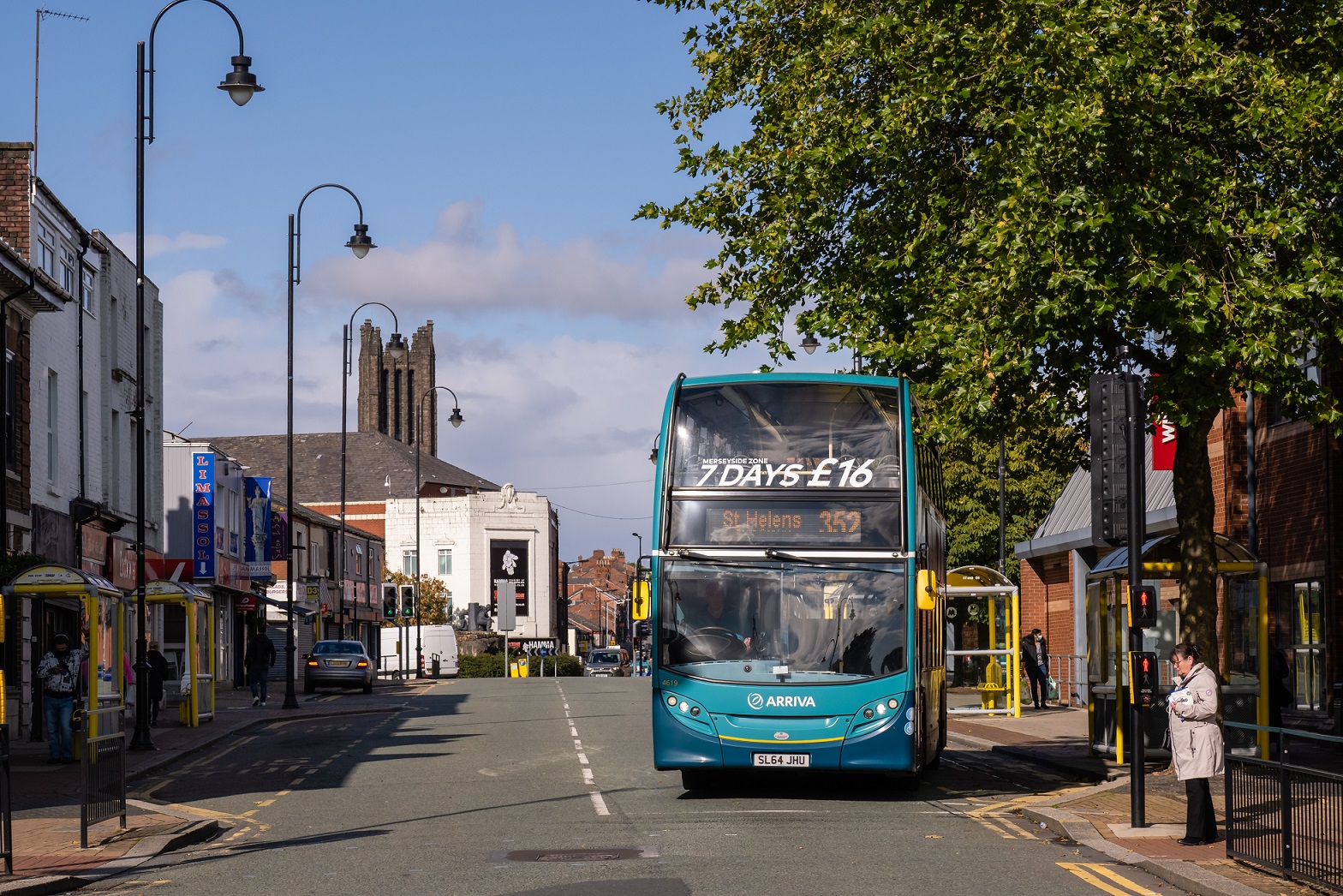La pénurie de chauffeurs, juhtide puudus, Fahrermangel, driver shortages — no matter what language you say it in, it seems to be a problem across Europe. It’s not the only common issue, though. From Walsall to Warsaw, many of the challenges facing today’s coach operators are something of a universal constant.
Meeting zero-emissions targets and the impact of the COVID-19 pandemic are just some of the other big concerns right across the continent and further afield. That’s a view held by Mark Anderson of Anderson Travel, who is attending the Global Passenger Network’s international conference in Buenos Aires this month.
His conversations there will no doubt be the same as he is used to hearing from colleagues. As he tells us: “If I look at my own experience, 40 years in this industry, I would say that, before we joined a trade association, I used to bang my head on the desk all the time thinking, ‘why me? why me?’ when we had a breakdown or an issue with a vehicle or drivers, etc. But the reality is, once you’ve joined that trade association and you meet fellow operators, you realise there is a commonality of problems. Everyone has the same issues.”
Recruiting drivers
The issue of skills shortages is by no means unique to the UK or to the coach and bus industry. A November 2022 report from the International Road Transport Union stated that, the previous year, there were 12,000 coach and bus driver vacancies in Denmark, Germany, Poland and Spain alone and that, by 2026, the number of unfilled roles in these countries would be 72,000.
It concluded that the high minimum age requirement was a big factor. However, it added that opportunities were present in countries where youth unemployment was high. Encouraging more women into the profession was also seen to be a potential part-solution.
The high cost of a licence is another, with €9,000 the cited outlay in Germany. However, the report said that the fact that the amount needed for a licence in Spain was closely aligned with minimum monthly wage there showed that lower licence costs are not necessarily enough to attract drivers. Further, a 2021 report commissioned by the European Transport Workers‘ Federation put part of the blame for driver shortages with working conditions.
Robert Shaw, chair of the Coach Tourism Association and Director of coach operator Harry Shaw, believes there is a difference in social standing and how the job is viewed in Europe compared to the UK. “They seem to respect the profession more in some parts of the world than they do in this country and that’s something we could perhaps learn from,” he says.
Karsten Lauritzen, Director of the Danish Transport Federation (DTF), points out that older drivers in his country have been reluctant to carry on working as earnings reduce their pension income. However, a recent government bill means pay no longer impacts on pensions and this should help matters. He adds of solutions DTF is looking at: “We work a lot in getting women more behind the wheels, so that’s one way. A specific project for coaches and buses is that a lot of Ukrainians are in Denmark and we are trying to get them educated as drivers and get them behind the wheel.”
JJ Kavanagh, an executive member of the Coach Tourism and Transport Council of Ireland (CTTC) and whose JJ Kavanagh and Sons is Ireland’s largest privately owned coach firm, highlights a similar plan seen across the Irish Sea. He says up to 1,500 non-EU workers can now be brought in on work visas this year as a testing ground and believes this figure represents around 10% of the entire national coach driver workforce.
“The CTTC has worked closely with education training boards in Ireland and it has put together a programme to help drivers to obtain their licences free of charge. There has been some uptake on it but not enough,” he says. “The big difficulty is unsociable hours and the perception of work-life balance has changed dramatically since COVID.”
Collaboration is key
Realising that all coach operators are facing the same problems is a precursor to fixing the issues, believes Mark, whose company is a member of GPN, which is a not-for-profit network of independent global operators.
“As much as GPN is there for business, almost of equal value is information-sharing not just across the European continent but internationally,” he says. “It’s well known for example that coaches don’t break down on a Monday from 0900-1500hrs. They only break down on a Friday night halfway up a mountain somewhere. As a result of that, we have an international network of partners that can practically assist us. We also have a partner network within GPN and we can attract discounts as well. Each country within the GPN has its challenges but, generally speaking, all our problems are absolutely the same and quite often there is a solution to be found which comes from collaboration between the different members.”

Getting bums on seats
Enhancing the popularity of coach travel with the public is crucial, particularly when it comes to presenting a viable option to trains.
Robert suggests the UK needs to look at other countries in this regard. He adds: “At one time you would get a very wide mix of people travelling on express coaches in Spain. There was a particularly popular service from Madrid to Barcelona and it was used extensively by business people whereas, in this country, I don’t think you’d see businesspeople jumping on an express coach from, say, Birmingham to London in quite the same way. They seem to have cracked that market.”
He also stresses the industry needs to get the message over to the public how much more eco-friendly coach travel is compared to most other modes of transport — a sentiment echoed by Karsten. “The main way to get people back is to push the argument that this is an environmentally friendly way of transportation and it’s also price-friendly,” says the DTF Director.
JJ is convinced operators need to push for national and local authorities to recognise the value of public transport.
“We’re looking to increase prioritisation for buses in urban settings in particular,” he says. “Dublin is one in particular where, if they did, we feel that we could reduce car usage by up to 20%. It would have a huge impact on emissions, etc, and improve the quality of public transport dramatically because people would be able to travel by coach in a timely manner, thus reducing delays. We’ve some way to go yet but some of the initiatives have been very positive.”

Irish success story
Amid the doom is an air of optimism in some quarters. The pandemic had a massive impact on the coach industry, as with many, but passenger numbers are in places not far off pre-2020 levels. Karsten told routeone he thought business was back up to about 90% in Denmark.
Eamon Ryan, Ireland’s Minister for Transport, claims his country is bucking a trend across Europe. He wrote on Twitter: “Unlike other countries, we are seeing our numbers return to public transport.”
It’s not political talk, according to JJ, who agrees: “I’d say we’re getting close to [pre-pandemic levels]. The government has been very, very supportive.”
The Irish government is offering a 20% discount to passengers on publicly supported services and a 50% young person’s discount across all. JJ says government is also putting out to tender 40 new subsidised coach services across the country in rural areas this year, although he admits it’s potentially to the detriment of some commercial equivalents.
In particular, he believes the Irish government protected the industry well to bounce back quickly from the pandemic upheaval – as did other countries. John Gilbert, secretary general of the European Passenger Transport Operators Association and President of Eurolines, feels other countries supported their industries better than the UK.
However, as much as operators may look overseas for inspiration, according to Mark, the UK is already doing a lot right. He says: “The GPN members admire the UK for our flexible approach and previous lack of government interference. There is a genuine respect for British coach operators and a general understanding that they operate to the highest standards.”



























